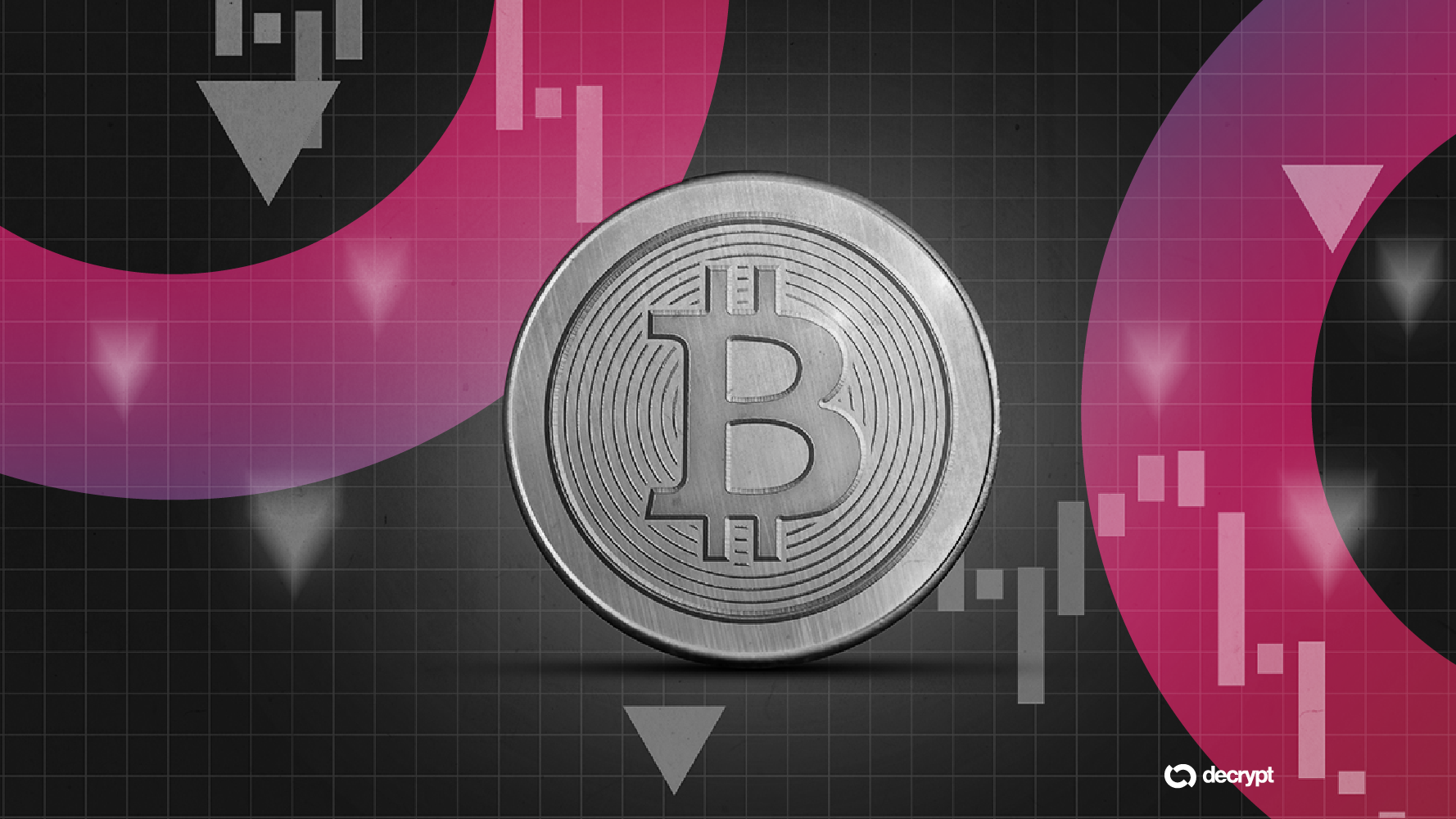Institutions unfazed by Bitcoin Core vs. Knots clash, Galaxy Digital says
Most institutional Bitcoin investors appear to be unaware or unconcerned about the ongoing debate between Bitcoin Core and Knots, according to Alex Thorn, head of research at Galaxy Digital.
The talks center on how BTC should be utilized and whether non-financial transactions should be exempt from regulation. It was reignited by the recent Bitcoin Core v30 update, which some critics argue could open the door to blockchain “spam.”
Knots supporters want this type of activity filtered out to prevent bad actors from embedding illegal or immoral content into the blockchain. Bitcoin Core proponents, however, argue that imposing restrictions risks network fragmentation, user confusion, and undermines one of Bitcoin’s core principles.
Bitcoin’s Core vs. Knots battle echoes past technical disputes such as the block-size wars and SegWit adoption, both of which prompted heated debate and were settled without disrupting adoption. These historical episodes demonstrate that while protocol changes can have significant consequences for network stability, once the change has become normalized, institutional investors tend to treat it as a low-priority issue.
Most institutional investors are unfazed by the Bitcoin Core vs Knots debate
In a recent X post, Thorn shared results from a poll of 25 institutional Bitcoin investors working with Galaxy. He found that 46% were unaware of the debate, 36% were ambivalent, and only 18% expressed support for Bitcoin Core.
Thorn noted that Real capital, real investors, service providers, and even government officials seem unbothered or are unaware that there’s even a debate; at best, it’s a hypothetical problem. Their proposed solution does nothing to solve the (fake) problem they claim is real.
He continues to say that even if it is implemented, all their legal theories are mumbo jumbo, and the concerns about them are ones that everyone adjusted to years ago during early debates over the legality of permissionless decentralized systems.
Some analysts questioned the number of institutions polled. The questions were directed to 25 institutional Bitcoin investors. When they inquired about the validity of the poll’s sample size, Thorn responded that it was a “fair question,” however, he noted that his poll reflected what he had been seeing.
“I won’t reveal their identities, but I will say yes, and the results from that poll line up exactly with my conversations with other whales, investors, leaders at miners and service providers, and government officials over the last several months,” he said.
Thorn added that, although he didn’t poll miners directly, he follows most of the major ones closely and confirmed that none are paying attention or concerned.
Soft fork debate could impact Bitcoin adoption
Earlier, a BTC improvement proposal for a soft fork drew backlash on X over a section that seemed to suggest legal consequences for those who failed to support the fork.
Thorn believes the argument will conclude in one of three ways, one of which could potentially cause significant harm to Bitcoin adoption.
According to Thorn, the first issue fades into obscurity as no one pays attention. The second is that the debate instills fear around Bitcoin, scaring people away, while the proposed forks ultimately fail. Lastly, in a very unlikely scenario, the changes are adopted, but the solutions fall short, and Bitcoin adoption suffers long-term damage due to the fear created around permissionless systems.
Although the Bitcoin Core vs Knots debate has been of high technical intensity, Thorn’s findings underscore a crucial truth: institutional investors, rather than differing nodes, care most for Bitcoin’s financial performance, regulatory clarity, and adoption trends.
Developers are still discussing the forks and filtering of transactions, but these discussions among most of the market participants are mostly theoretical. The realities of security, liquidity, and compliance have proved much more compelling than the emerging software disputes in the long term to BTC’s establishment, adoption, and legitimacy in the mainstream financial ecosystem.
Get seen where it counts. Advertise in Cryptopolitan Research and reach crypto’s sharpest investors and builders.
You May Also Like

• Arm will add Nvidia’s NVLink to its Neoverse chips for large AI data centers.

Mt. Gox moves $936M in Bitcoin after eight-month dormancy
